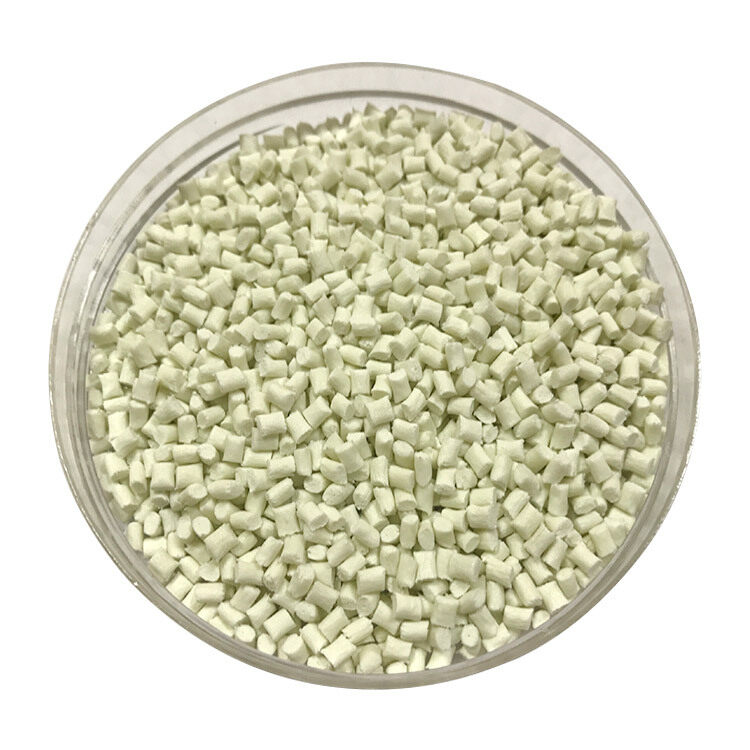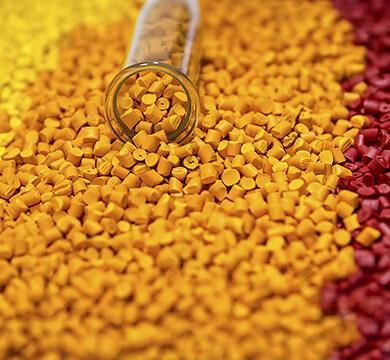Error de formato de correo electrónico
emailCannotEmpty
emailDoesExist
pwdLetterLimtTip
inconsistentPwd
pwdLetterLimtTip
inconsistentPwd

Offer Technical Support and Customized Solutions
The company is committed to creating new and improved plastic materials to meet the evolving demands of the market.

PPA: A High-Performance Engineering Plastic for Diverse Applications
In the world of engineering plastics, Polyphthalamide, commonly known as PPA, has gained significant recognition for its exceptional mechanical properties and versatility. With its unique combination of strength, heat resistance, dimensional stability, and chemical resistance, PPA has emerged as a preferred material choice for a wide range of applications across various industries.
PPA is a semi-crystalline thermoplastic that belongs to the family of polyamides. It exhibits excellent mechanical strength, even at elevated temperatures, making it suitable for demanding environments where other materials may fail. Its high heat deflection temperature, often exceeding 200°C (392°F), allows PPA to maintain its structural integrity and dimensional stability in extreme thermal conditions.
One of the remarkable characteristics of PPA is its outstanding resistance to chemicals, including fuels, oils, greases, and many solvents. This makes it an ideal choice for automotive, electrical, and industrial applications where exposure to harsh chemicals is prevalent. Additionally, PPA demonstrates low moisture absorption, ensuring consistent performance in humid or wet environments.
Another notable advantage of PPA is its exceptional wear and friction properties. It possesses low friction coefficients and excellent abrasion resistance, making it suitable for applications involving moving parts or components that experience frequent contact and sliding. These qualities make PPA an excellent choice for gears, bearings, bushings, and other similar applications.
PPA's electrical insulation properties also contribute to its popularity in the automotive and electrical industries. It exhibits excellent dielectric strength, which is crucial for applications requiring reliable electrical performance. Additionally, PPA boasts low electrical conductivity and excellent resistance to tracking and arcing, enhancing its suitability for electrical connectors, switches, and insulating components.
Furthermore, PPA can be easily processed using common injection molding techniques, enabling manufacturers to produce complex and precise parts with ease. Its flowability, combined with its ability to maintain dimensional stability, allows for the production of intricate geometries and thin-walled components. This versatility makes PPA a preferred choice for industries such as automotive, electronics, aerospace, and consumer goods.
In terms of sustainability, PPA offers several advantages. It is a recyclable material, aligning with the growing emphasis on environmentally friendly solutions. Additionally, its high durability and resistance to degradation ensure that products made from PPA have a long service life, reducing the need for frequent replacements and minimizing waste generation.
When considering PPA for specific applications, it is essential to understand the grade options available. PPA grades can be tailored to meet specific performance requirements, such as enhanced stiffness, impact resistance, or flame retardancy. Manufacturers can choose from a wide range of PPA formulations to suit their unique application needs.
In conclusion, Polyphthalamide (PPA) stands out as a high-performance engineering plastic offering exceptional mechanical, thermal, chemical, and electrical properties. Its versatility, processability, and sustainability make it a preferred choice for various industries, including automotive, electrical, industrial, and consumer goods. As technology advances and demands for reliable and durable materials increase, PPA continues to prove itself as a valuable solution for designing and manufacturing innovative products that excel in demanding environments.

